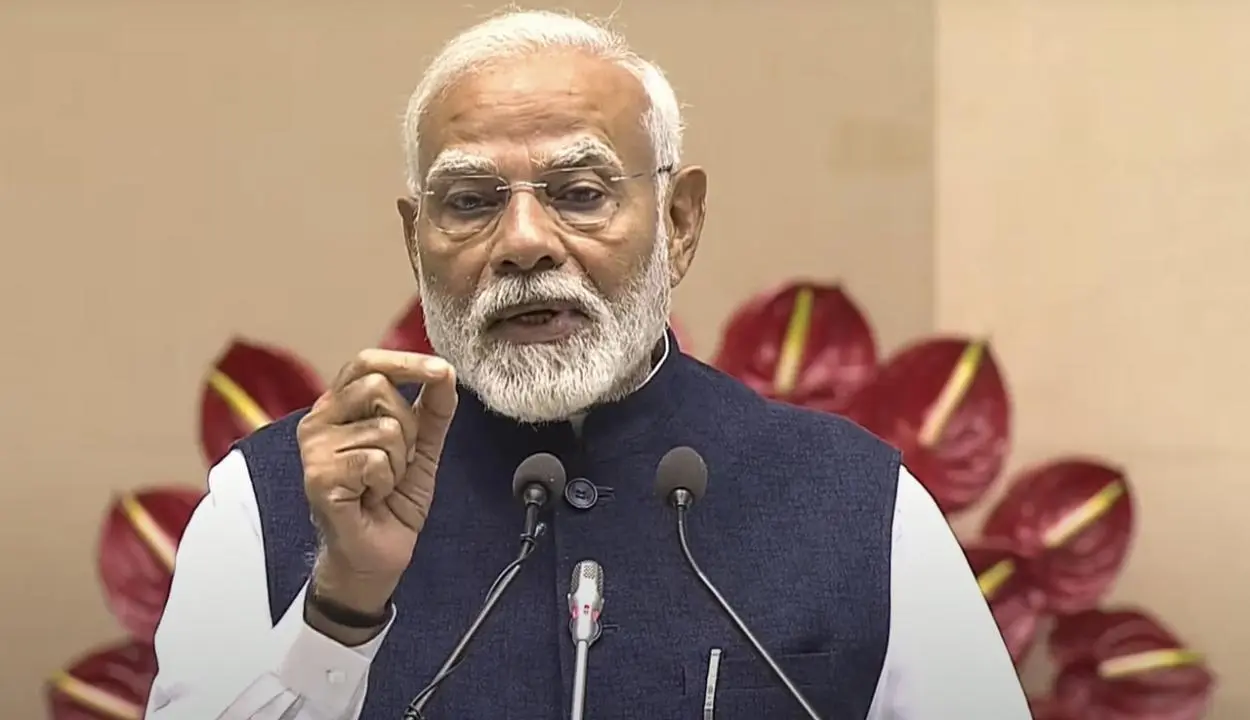
Divya Delhi : Ministers in the Narendra Modi government approve faulty policy decisions, hence they are to blame. Although they proposed those bad policies, bureaucrats are comfortably exempt from blame. Numerous economic proposals have been proposed, adopted, and subsequently abandoned under Modi. It often came down to bureaucratic implementation. ‘Minimum Government, Maximum Governance’ was Modi's catchphrase to eliminate bureaucratic discretion. Unfortunately, the opposite has happened. The bureaucracy rules again—and well. Decisions show this more and more. The government introduced Sovereign Gold Bonds (SGB) in 2015. This would lower India's gold imports and give the government a cheaper financing option. The finance ministry administrators thought betting on gold's future price and rewarding gold bond holders would be smart.
They then thought of raising the import duty on physical gold to make gold bonds more appealing. Because many Indians bought gold as a cultural fixation, imports remained high while government bonds' liabilities rose. It smacked of bureaucratic shortsightedness. By 2024-25, the government discontinued issuing these bonds due to their high cost. In her first budget statement in 2019, Finance Minister Nirmala Sitharaman proposed a foreign currency-denominated national bond. She suggested the country borrow in foreign currency bonds. Modi allies and detractors slammed the government immediately. After the Prime Minister's Office requested a review, the plan died quietly. Since then, events have highlighted why borrowing in foreign currencies is harmful. Rs 72 per $1 was the 2019 rupee-dollar exchange rate. Current price: Rs 86.78. Every dollar borrowed would have cost many rupees to repay.
- Education(148)
- India(771)
- Entertainment(399)
- Sports(272)
- Business(226)
- Bollywood Hollywood(95)
- International(196)
- Life & Style(91)
- Opinion(139)
- Educational(5)
- Crime(7)
- Technical(6)
- World(18)


